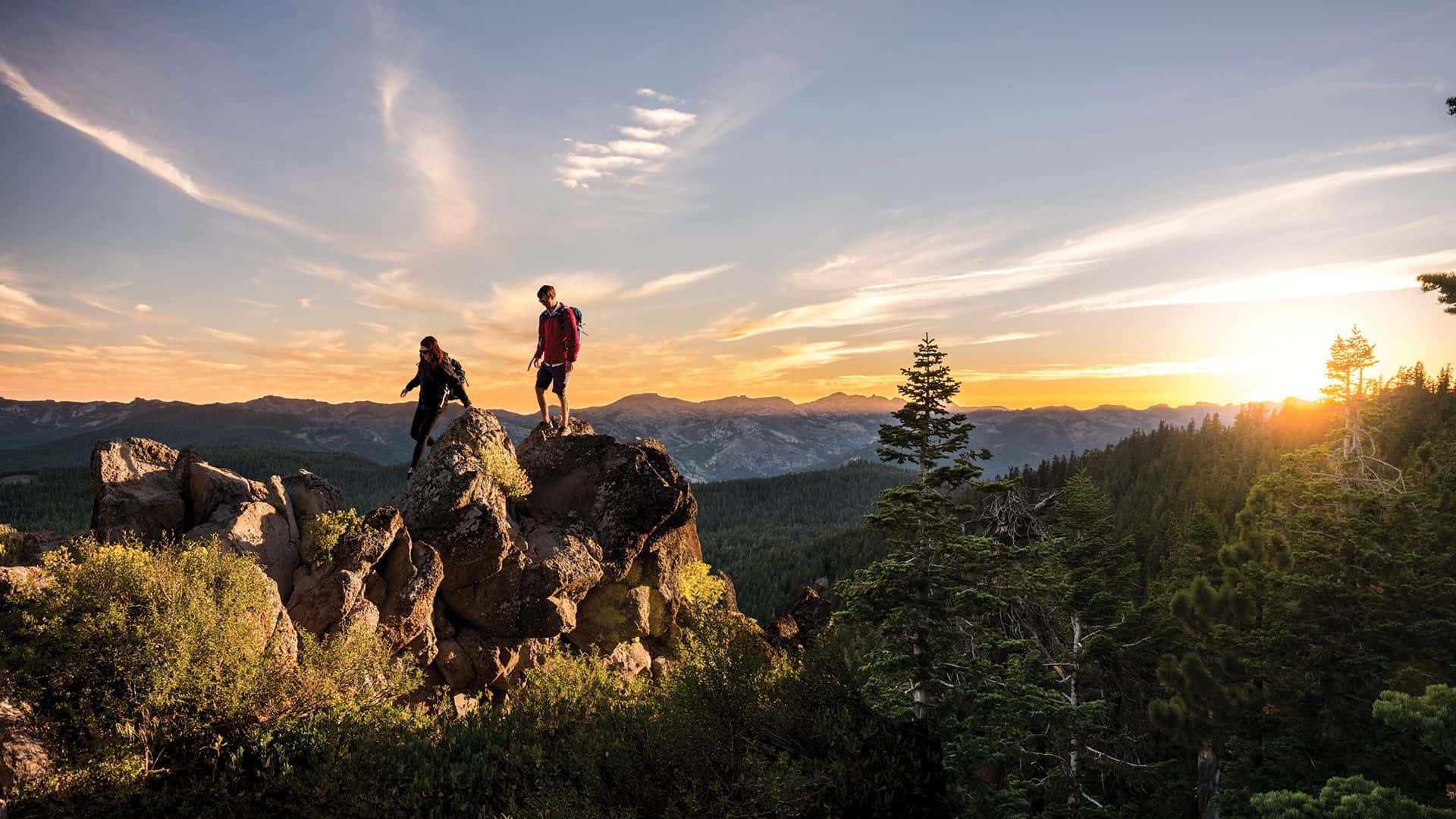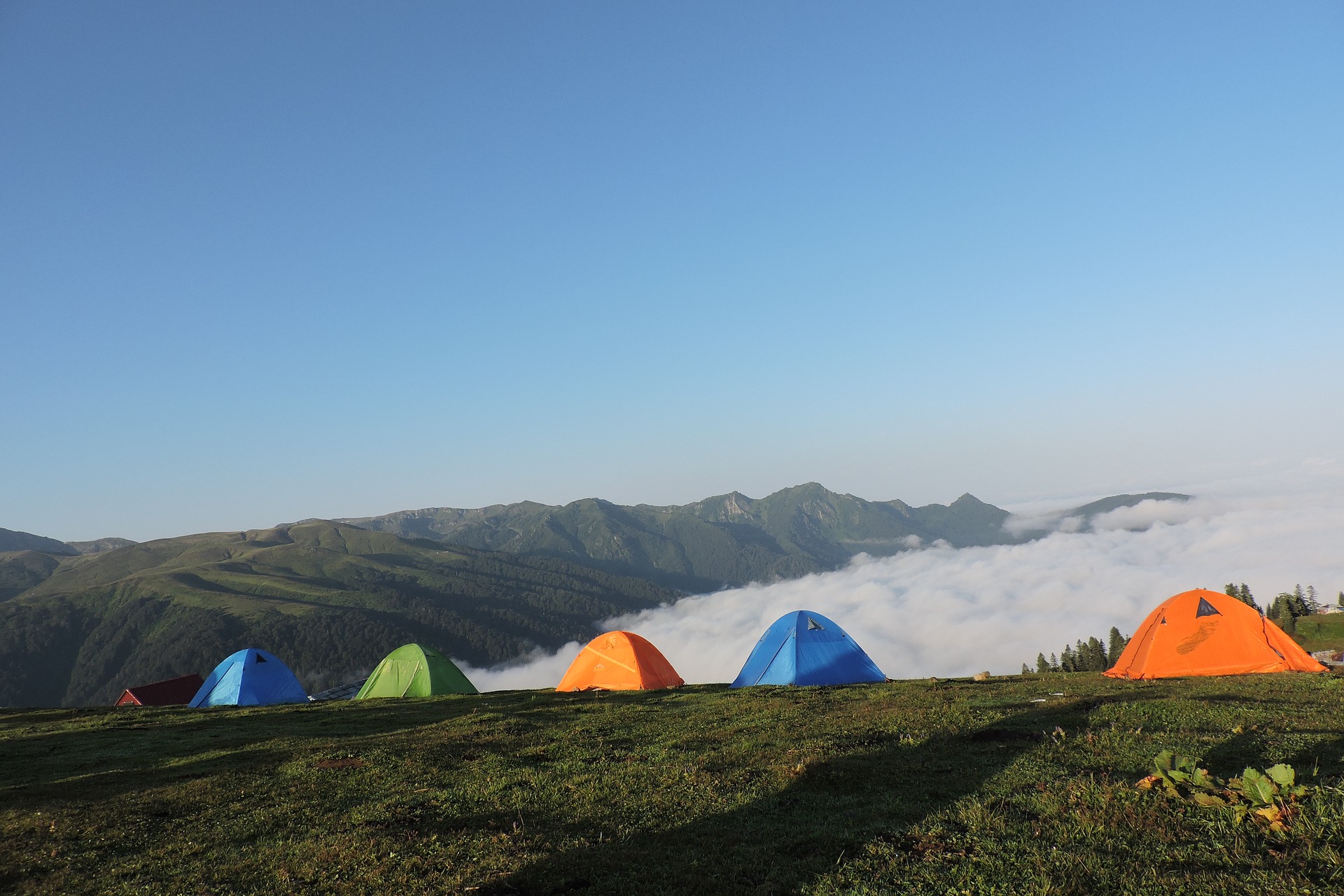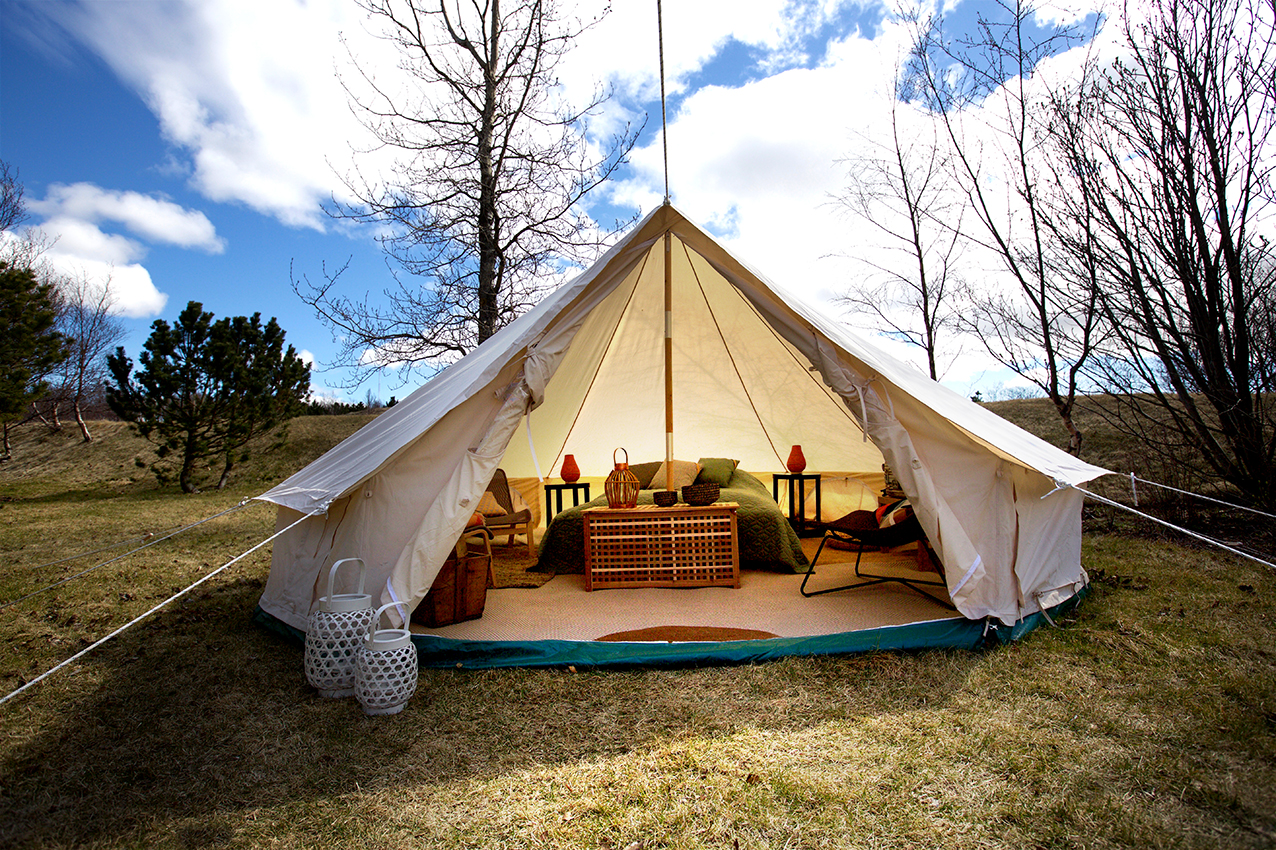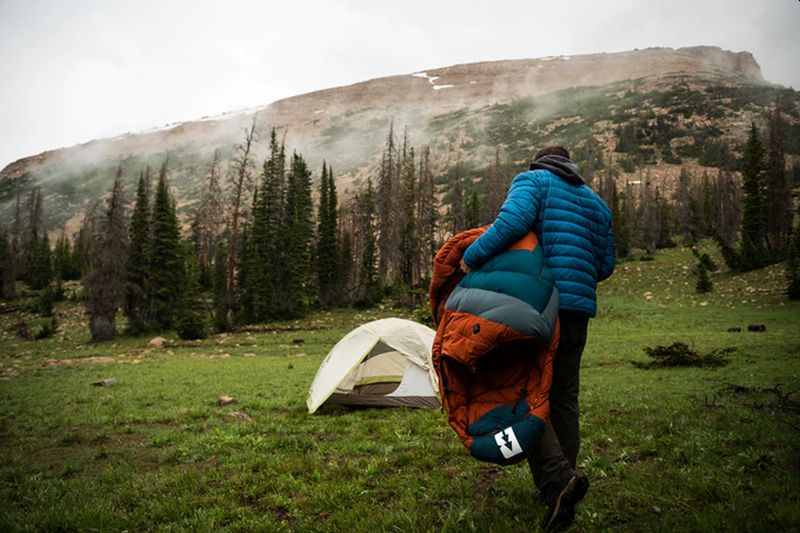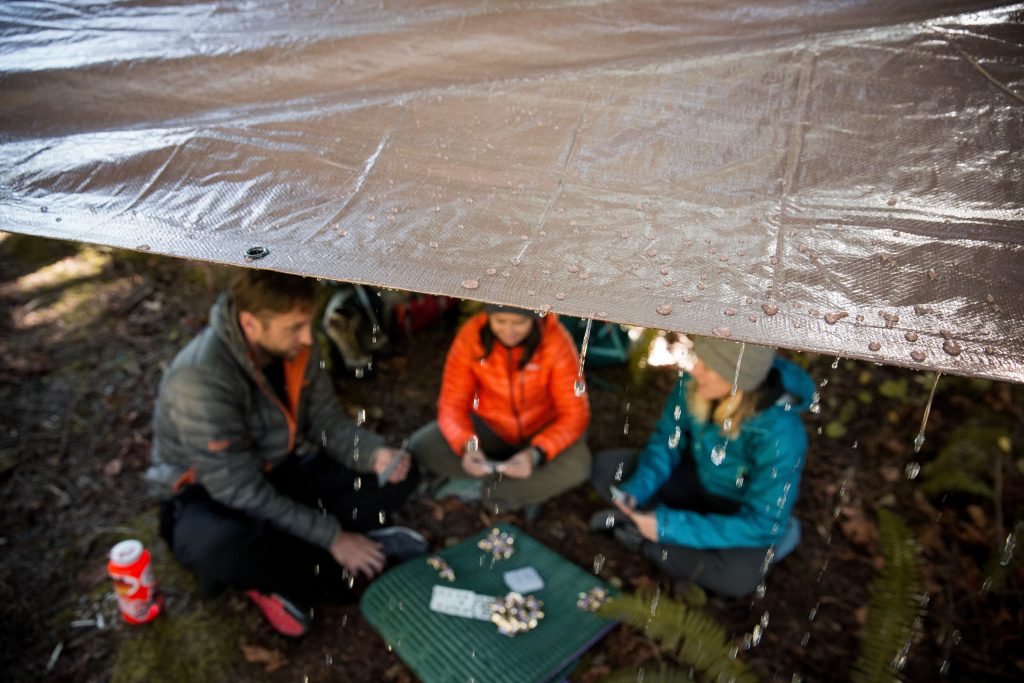While planning for a hike, people have to take into account a lot of things: supplies, clothes, tools and gears,…However, every hiker around the globe knows that before heading out, it’s of utmost importance to have a general idea about the hiking time. Generally speaking, knowing the way to estimate how long to hike a mile is extremely critical to the experience of the trip as a whole. In the case you fail to determine the duration of the hike, you are going to get yourself into all sorts of problems while hiking.
So you need some help with the time planning? Then you have come to the right place as the information down below contain everything you have to remember regarding how long to hike a mile. Keep the following details in mind to have great hikes.
Contents
5 Factors That Often Influence The Hiking Time
Normally, it takes a hiker 30 minutes averagely to hike a mile on gentle trail. But in facts, there are many variables involved which affect your hiking pace. By understanding all of those factors, you can estimate approximately how long your hiking trip will take to plan your hike wisely.
1. Physical Fitness Of The Body
The average time to hike a mile varies considerably between people that stay in shape and those that haven’t worked out in a while. Because of that, it’s strongly recommended by many experts that you think about your fitness level while calculating how long to hike a mile. If you happen to hike in a group then the hiking time should be best based on the slowest member. For children, it may be necessary for you to double the time just in case. The goal is to make sure that you (and fellow hikers) don’t become exhausted.
2. Difficulty Of The Terrain/Obstacle
Obviously, it takes more time to navigate around streams, boulders, tree roots and so on compared to nice flat grounds. Hence, if you notice that the hike would pass through less than ideal terrains as well as challenging obstacles, proceed to increase the time accordingly. Normally, the hiking pace of most people decreases to safely conquer difficult features on the surfaces so keep that in mind to properly estimate how long to hike a mile. Needless to say, a trouble-free route is always nice but sometimes, it’s unavailable.
3. Overall Weight Of The Backpack
The majority of hikers carry everything they need in the trip on their back which means the backpack inevitably affect the hiking miles per hour. Of course, we all want to be well-prepared while hiking but it’s ill-advised to overload your backpack. Because of that, if possible, carry the most essential items with you in a hike. Not only that gives the poor back of yours a break but it also simplifies the calculation of the average time to hike a mile. There are multiple guides on minimalist hiking so why don’t you give it a try in your next hike?
4. Changing Weathers On The Field
It’s near impossible to determine what kind of weather would develop in the future. As a result, it’s widely advised that you always prepare yourselves for the worst. Snow, rain, hail and alike definitely impair the hiking progress so it’s a good idea to take the weather into account to estimate how long to hike a mile. Usually, most experts discourage people from venturing into the outdoors in bad weather but if you opt to hike regardless, gather all necessary items beforehand.
5. Periodic Breaks To Recover Strength
As you get higher and higher, the air becomes thinner which makes it hard to maintain the average hiking speed continuously. Hence, there is a rule of thumb that you should remember: a 20-minute break for every mile and a 60-minute break for 2,000 feet of ascent. By taking breaks at intervals, you shall let yourselves as well as fellow hikers to recuperate for the next stretch. You could also use the breaks to have meals, get your bearings, sleep and alike. Consider the importance of breaks, you must include them into your calculation of hiking time.
Some Reminder For Novice Hikers
Overall, by taking into account the above factors, it’s a walk in the park for you to decide how long to hike a mile. Still, in case you want to be thorough, there are more things that lengthen the duration of the hike.

- Activities (Rock Collecting, Bird Watching,..)
Many hikers don’t hike for the sake of hiking, they hike to enjoy themselves. Because of that, if you intend to partake in activities while hiking, it’s obvious that you have to add more time to the plan. Depending on the circumstances, the activities could last longer than anticipated so again, be careful. For most of the time, it’s a good idea to set out strict time limits to stay on schedule. You don’t want to derail your hike by getting too caught up in something.
- Ever-Present threat Of Accidents
Even veteran hikers run into accidents every now and then. Therefore, to be on the safe side, it’s strongly recommended that you allot time to deal with unexpected issues. For example, a sprained ankle shall reduce the hiking pace to crawl which inevitable increase the length of the trip. To avoid being caught off guard, make sure that you prepare contingency plans for emergencies and time to execute them.
- Personal Preferences Of The Hikers
Though a large number of hikers prefer to follow the shortest route to the destination, several people may elect to take detours for several reasons. Some like the views, others like the scent of flowers,… there are many that motivate people to alter the hiking route to match their taste. Needless to say, if you are on those hikers, it’s essential that you think about the effects of the detours on the hiking time. Occasionally, your preferences could increase the overall duration of the hike by a large margin.
Last Updated on July 30, 2019
